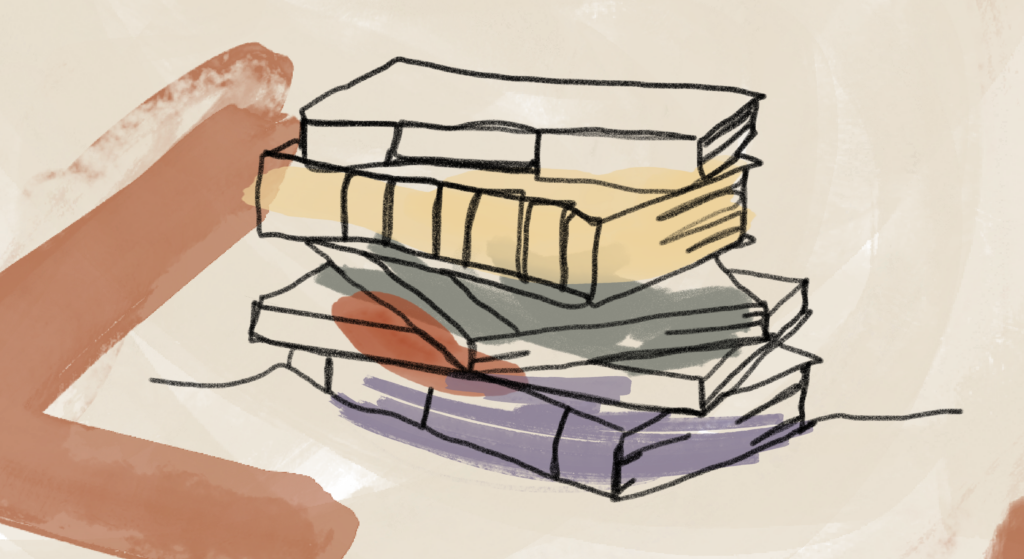
Embarking on a 21st-century Freedom Ride in the southern United States, writer-activist Jonathan Wilson-Hartgrove shares how civil rights icon Vincent Harding encouraged the riders to honor their own stories and those of others.
Vincent Harding [1931–2014] taught me to pay attention to the holy ground that we often forget in the American story. An African American colleague and co-laborer of Dr. Martin Luther King Jr., Dr. Harding was also a historian who saw the world through the eyes of faith…. Dr. Harding believed, as Revelation reprises from Psalm 46, that “there is a river whose streams make glad the city of God” (46:4). That great river flows through history, connecting people of faith to the Christianity of Christ. Dr. Harding’s life’s work was to baptize people into that river….
Dr. Harding taught us that every pilgrimage toward freedom begins with attention to our basic identity. “Where did you spend your childhood?” he asked each person, even the ones who were still children. “And where did your maternal grandmother spend her childhood?” Each of us comes from a household and a story, Dr. Harding knew. “Tell me her name,” he said, leaning forward with his gentle smile.
Before our freedom ride was done, “Uncle Vincent” had adopted us all, inviting us into the freedom family that stretched from the Hebrew midwives in ancient Egypt to the enslaved mothers of Southern plantations to “Ella’s Song” in the twentieth century. [1] “We who believe in freedom cannot rest” became our anthem. But our voices, though they could be joined in harmony, were not the same. We had to wrestle with the stories we’d heard at our grandmothers’ knees—with the ways each of our fathers’ households had taught us something about who our people are.
I watched young white people on that freedom ride unpack their so-called privilege, questioning basic assumptions about success and faithfulness. Our liberation was tied to that of young undocumented sisters and brothers who were also questioning the American dream—how the future it promised did not include their own parents. A formerly incarcerated African American man stood tall, celebrating a newfound pride that he was the son of women and men who had shown America what freedom means….
The other half of history doesn’t erase everything we ever thought we knew about ourselves and our God, but it does invite us to see all things in a new light. As pilgrims in a strange land, we leave our people and place for a country as yet unknown in order to see and name the holy ground beneath our feet. This cannot be a solitary journey because it entails the sharing of very different and often painful stories. But in the people who bear those stories, we meet the beloved community that both prefigures and prepares us for the country we’ve not yet been. The other half of history is an invitation to live into another story.
References:
[1] For more information about “Ella’s Song” and civil rights icon Ella Baker, see “Ella Baker: Advocate for Black Lives,” Daily Meditations, January 14, 2025.
Jonathan Wilson-Hartgrove, Reconstructing the Gospel: Finding Freedom from Slaveholder Religion (IVP Books, 2018), 111, 113, 114.
Image credit and inspiration: Priscilla Du Preez, Untitled (detail), 2020, photo, Unsplash. Click here to enlarge image. With our energy and effort, we treat the stories of others as sacred and worthy of our time and attention, like our own.
Story from Our Community:
I have learned to rely on God’s grace to help me daily, even with the most mundane things. God has taught me to rejoice, appreciate, and engage in a happy dance for God’s simple responses I receive for my prayers. This way, I can find joy even during struggles.
—Christy L.




